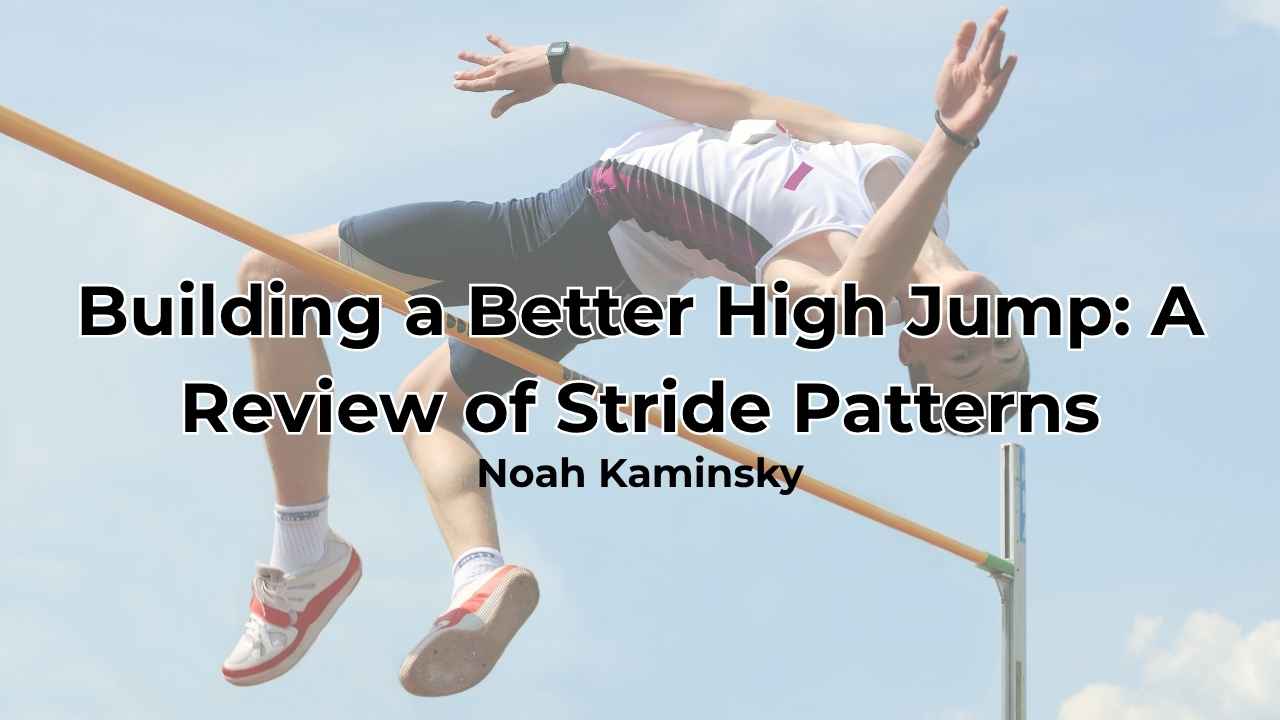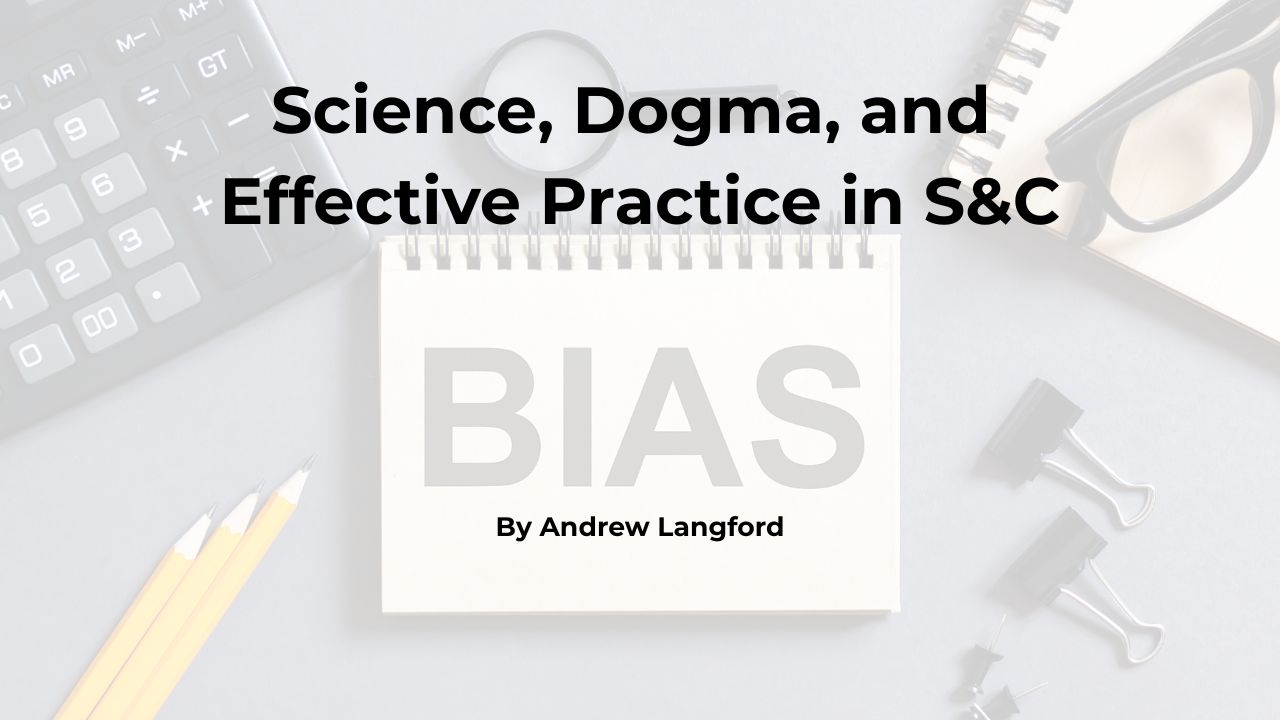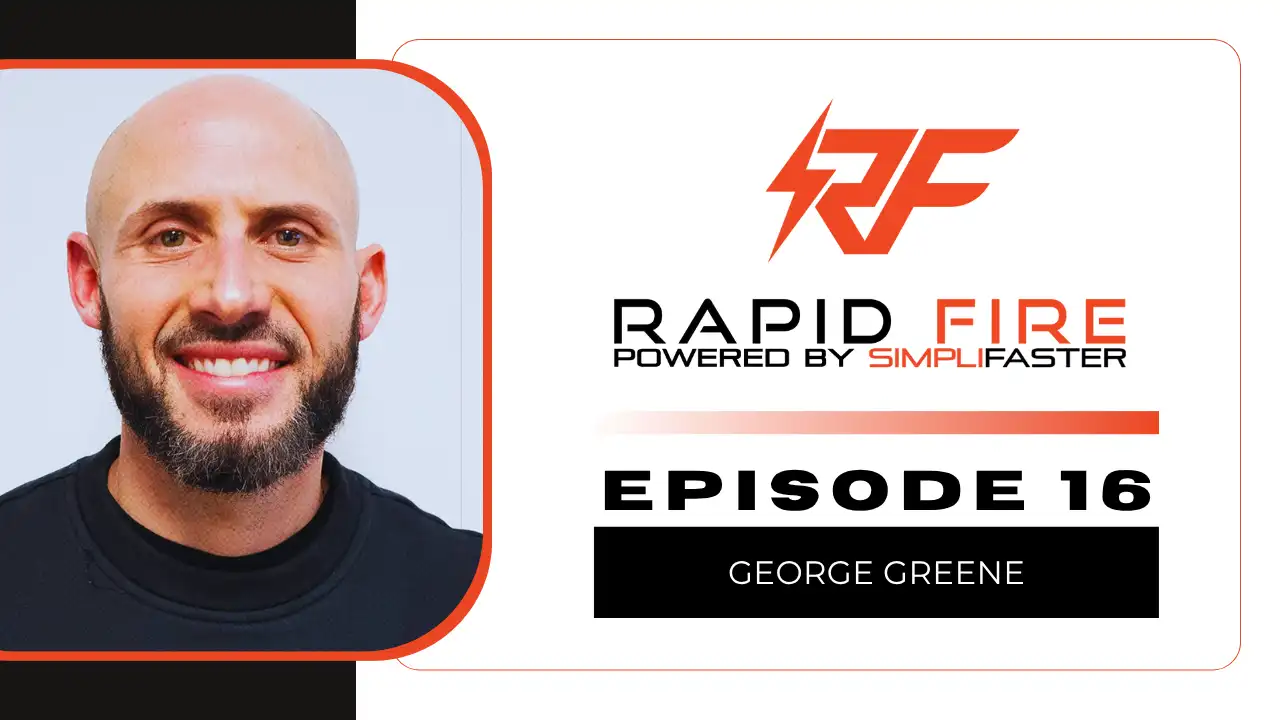[mashshare]

During my athletics career, I had a love-hate relationship with sleep. I was aware that sleep was an area that was to be prioritized, so I did. I spent many hours asleep, even though I would have much liked to do other things, such as read or play computer games. From time to time, something would go wrong with my sleep cycle, and I would end up with some mild grade of insomnia. Not being able to sleep is miserable; I have taken sleeping tablets a few times in my life as I had no other option. As per my personality, sleep became something I obsessed over early in my career, and I had to get as much as possible. A poor night’s sleep would leave me worried for days that it would affect my performance. As I got older, I found this wasn’t the case. I competed in the Olympic Games off two hours sleep and won major championship medals in sleep deprived states. As my career wore on, I also got more knowledgeable in the area of sleep. I found that I could improve the quality of my sleep, as well as remove some of the anxiety around it. In this article, I will examine the need for sleep, and how athletes can get the most out of the third of your life spent sleeping.
What is sleep?
Sleep is odd in as much as there isn’t really a scientific consensus as to why we need it. The Restorative Theory states that sleep helps replenish bodily resources that have been depleted in the time prior to sleeping. The evidence for this is that if we are more active in the day, we tend to need more sleep in the evening. Failure to get this sleep leads to decreased energy levels the next day. A competing theory is the Energy Conservation Theory, which states that sleep helps to conserve energy. It points to the fact that highly active mammals need more sleep, and if they didn’t get this sleep, they would use up too much energy. Regardless of the cause of needing to sleep, one thing is clear; without sufficient sleep, we are less healthy, and eventually lack of sufficient sleep will lead to death.
Once we fall asleep, there are multiple stages within sleep itself. We start off awake, and then as we drift off we enter stage 1 sleep. Here, the muscles are active, and the eyes open and close moderately. This stage lasts between two and five minutes before we enter stage 2 sleep. Our heart rate and body temperature both drop in this stage and full muscular relaxation occurs (including our throat, which is what causes snoring). Moving into a deeper sleep, we enter stages 3 and 4, which is where slow wave sleep (SWS) occurs. Here, we have very slow brain waves, and we are incredibly hard to wake up. This stage of sleep is vital to health; the hormones that enable us to grow and repair are released during this stage, and it is generally a highly anabolic environment. Important information from the day is also consolidated into memory during SWS.
After about 30 minutes of SWS, we quickly shift back to stage 2 sleep and then into REM sleep. REM stands for rapid eye movement, and it is in this stage that dreams occur. Our muscles are paralyzed (to stop us acting out our dreams), but our brain is highly active. REM sleep plays a large role in the creation of memories and problem solving. After a period of REM sleep, we will then have a brief micro awakening, of which we will have no memory of when we wake up for real. We then move back into stage 2, then into SWS. This cycle is repeated over the night; deep sleep tends to occur in a greater proportion earlier in the night, and REM sleep occurs in a greater proportion later in the night. In a typical night, 50 percent of the time is spent in a light sleep, 20 per cent in a deep sleep, 25 percent in REM, and 5 per cent awake. Each sleep cycle takes roughly 90 minutes.
The need to sleep is governed by a number of things, including circadian rhythm and homeostatic sleep propensity (the need for sleep increases the more time elapses from our previous sleep). Circadian rhythm refers to our internal body clock, which helps to determine when we want to sleep, wake up, eat, go to the toilet, etc. This internal clock can be thrown into disarray by travel across numerous time zones (jet lag), irregular bed and waking times, and disrupted daytime rhythms. Age also appears to have an effect of circadian rhythm, with teenagers suffering the most. Teenagers suffer a circadian shift of around three hours – generally they aren’t sleepy until late and night, and struggle with early mornings. This is at odds with the typical school day, and can lead to academic underperformance.
With regards to circadian rhythm, humans fall into one of two different chronotypes; “larks” and “owls”. Larks tend to fall asleep and wake up earlier than owls. Larks don’t like napping (owls do), do their best work between 9am and 4pm (compared to owls, which work best between 1pm and 10pm). In general, larks tend to be introverts, logical, and reliable. They tend to do better academically, although this is probably because their best working hours match up with the school day. By contrast, owls tend to be extroverted, and generally have four times as many partners in their lifetime. I am a lark, although I think that most sprinters are owls, especially if you consider their stereotypes and reputations!
What happens if we don’t get enough sleep?
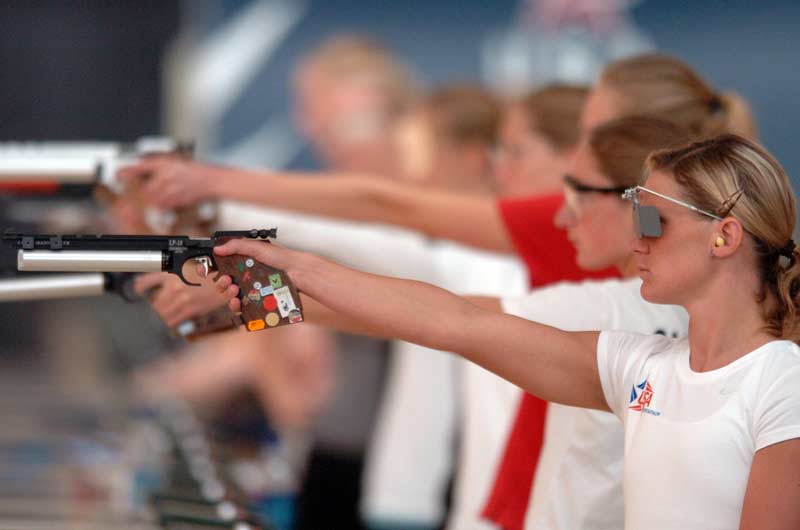
The general recommendations are that adults should aim to sleep for between 7 and 9 hours per night. The lack of sleep is associated with a wide range of health and performance issues. From a health point of view, sleep deprivation is associated with an increased risk of all cause mortality. Lack of sleep can more than double the risk of death from cardiovascular disease. Short sleep is a risk factor for weight gain (it causes an increase is ghrelin, the hunger hormone, and a decrease in leptin, the hormone that makes you feel full), hypertension, and type II diabetes (sleep deficiency reduces insulin sensitivity). Disrupted circadian rhythms are also bad for your health; shift work is categorized as a carcinogen by the World Health Organisation. The mechanism for this is that melatonin, which causes you to feel sleepy, limits the production of hormones that associated with causing cancer.
From a performance perspective, long-term sleep deprivation is not ideal. Student athletes with an average sleep duration of less than eight hours are 1.7 times more likely to suffer a sporting injury over the course of a month than those sleeping for more than 8 hours (Milewski et al., 2014). Sargent et al. (2014) found that shorter sleep durations were significantly associated with higher levels of pre-training fatigue. Halson (2014) reports that long-term partial sleep deprivation (i.e. not sleeping enough per night over a long time period) increases the perception of pain, decreases the immune response (making us more likely to get ill), increases feelings of depression, tension, confusion, fatigue, anger, and reduces feelings of vigour. Overall, it should be obvious that these are not positive aspects.
Do athletes get enough sleep?
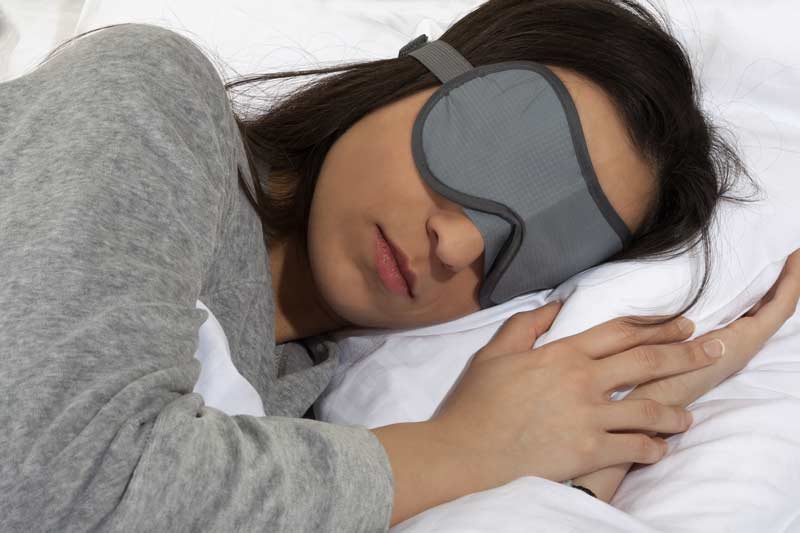
This is a tough question to answer, as there isn’t any real hard and fast rules available for the amount of sleep humans require, outside of the general 7-9 hour rule. It follows logical senses that if athletes are expending more energy and causing more muscular damage on a daily basis, then they would require more sleep. Trinder et al. (1988) reported that for trained athletes, aerobic training caused an increase in the need for SWS sleep, as well as a decrease in time to get to sleep. Faigenbaum et al. (2002) discovered that 94% of US student athletes believed they required more sleep than they were getting and that their median time asleep was 7.5 hours.
Other studies have examined the time athletes spend sleeping. Sargent et al. (2014) found that athletes obtained an average of 6.5 hours sleep per night, ranging from 5 hours to 8 hours. Lastella et al. mirrored these results. (2014), finding that average sleep duration for an elite athlete was 6.8 hours, ranging from 5.5 hours to 8 hours. It would appear from these results that athletes probably aren’t getting sufficient sleep.
Halson (2014) explored some of the reasons why athletes might not be getting sufficient sleep. These included:
- Early morning training sessions,
- Poor sleep habits and hygiene,
- Nocturnal waking to use the bathroom (athletes tend to be better hydrated than lay people, and as such going 8+hours without urination is tough!),
- Caffeine use, and
- Excessive thinking/worrying/planning.
From my experience, I am notoriously bad at waking up in the night to use the bathroom. As my career progressed, I worked hard at this aspect of my sleep hygiene, reducing my overnight toilet visits from 3-4 per night to a maximum of 1, with the target being zero. After competitions, which usually take place in the evenings, I would often struggle to sleep until 3-4am due to the high amount of caffeine I had taken pre-competition. One particularly memorable experience saw me racing at 9.30pm, not sleeping, leaving the hotel at 3.30am, and having three successive flights to catch in order to get to my next race.
The good news for athletes is that short-term sleep deprivation does not appear to affect performance. This is incredibly good news because athletes typically sleep very badly before competition; a mixture of nerves, excitement, and early starts contribute to this. I’ve already mentioned that I only got two hours sleep before racing in the 100m at the Beijing Olympics – the 4.45am wake up for my race certainly played a role here. Souissi et al. found that 24h without sleep had no effect on anaerobic power variables. Similarly, Blumert et al. found that 24h sleep deprivation had no effect on US Collegiate weightlifters in the weight they could lift for snatch, clean and jerk, and total training session weight. 2.5 hours sleep deprivation over a period of four nights had no effect on swimming performance in a group of elite swimmers. Knowing these facts, and becoming more experienced myself, lead to me feeling much less anxious about sleep the night before a competition, which in turn lead to me sleeping much better.
Is more sleep better?
So, we’ve examined whether sleep deprivation affects sporting performance. But can more sleep improve performance? Mah et al. looked at this. They asked a group of basketballers to sleep as much as they could over a two-week period. The results showed an improvement in both sprint and free-throw ability. Similarly, high-level swimmers sleeping for 10 hours per night for seven weeks see an increase in their 15m-sprint time, reaction time, turn time, and mood. Mah also reported the sleep times of some well-known sports people; Roger Federer sleeps for 11-12h per night; Usain Bolt for 8-10h, LeBron James for 12h, and Maria Sharapova for 8-10h.
Another factor to consider is that sleep is linked with skill learning; when we sleep, our brain consolidates the information it has picked up during the day. Ensuring optimal sleep should help improve skill acquisition, and hence is another factor as to why athletes should attempt to maximise their sleep.
So, what can we do?
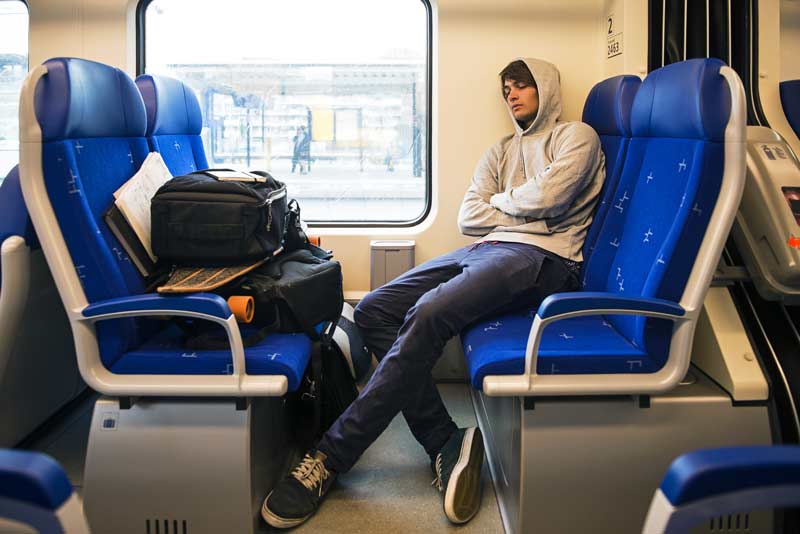
Daily
It is important to practice good sleep hygiene on a daily basis:
- Blue light exposure from electrical screens reduces melatonin release, which can cause a decrease in sleep quality and increase the time to fall asleep. Try to avoid electrical screens for an hour before bed. If you have to use a computer screen, then try orange tinted glasses that filter out the blue light.
- We need to ensure we are comfortable in our rooms, which requires them to be quiet and dark. If you are consistently disturbed by noise, then earplugs are a good option. If you are woken up by outside light, consider an eye mask or black out curtains.
- Keep a to-do list to reduce anxiety. I have a to-do app on my phone; if anything pops into my head as I am trying to sleep I can just type it in there, and I no longer have to worry about it.
- It’s also a good idea to avoid stimulating activity immediately before bed. I used to have a three hour pre-bed routine that involved me progressively dimming the lights as the evening progressed (to simulate the natural darkening cycle) and then reading for 60-90 minutes pre-bed to limit my exposure to blue light from TV.
- Limit liquid intake in the few hours before you sleep, in order to prevent waking up in the night to go to the toilet. If you do have to get up, try to turn on as few lights as possible.
- Consider the use of a tryptophan supplement / food source to help melatonin production. 300g of turkey provides around 1g of tryptophan, which is a good dose. Don’t just add your tryptophan to a pre-bed protein shake, as I used to do, as the presence of other amino acids in the blood in high concentrations reduces the amount of tryptophan that can enter the brain. I wasted my money on that one.
- Consider tart cherry juice, which may increase melatonin production.
- Try to avoid caffeine after 2pm, as it may affect how long it takes you to get to sleep.
- Alcohol reduces sleep quality, and so should be avoided where possible.
- Have a regular sleep and wake time to ensure a strong circadian rhythm.
- Consider napping during the day, especially if you have early morning training sessions.
- If possible, try to sleep for 9 hours or more on a regular basis.
Competitions
66% of athletes report worse sleep than normal pre-competition (Halson 2014). This can be down to excitement/nerves, unusual sleep surroundings, and sharing with a roommate. To overcome these issues, here are my tips:
- Understand that one poor nights sleep will not affect your performance the next day.
- If you consistently struggle to sleep pre-competition, consider increasing your sleep in the days leading up to the competition. I used to do this; I knew it would make me less tired on the night before a big race, but it would offset the anxiety of not getting enough sleep.
- Try to pick a roommate that you have shared with before, and that you know won’t disturb you overnight. The amount of athletes that I have roomed with that either snore or stay up late watching TV (or both!) is ridiculous, which is why I settled on a regular roommate during my career. Having a consistent roommate also removes some of the anxiety about whether or not you will get a good nights sleep.
- Pack earplugs and an eye mask – if the hotel or your roommate is noisy, you can take care of this!
- When travelling across time zones, allow approximately one day per time zone for acclimatization.
Coaches
- Understand that early morning training sessions are probably affecting the sleep quality and duration of your athletes. You can offset these affects by allowing athletes to nap during the day. Early morning training sessions are especially hard on teenagers.
- Understand that individuals perform best at different times of day, and where possible schedule training to account for this.
- Promote good sleep hygiene habits.
- Try to schedule travel around competitions so that it does not affect your athlete’s sleep. An early morning return travel after a competition will severely hamper an athlete’s recovery, especially if the competition was late at night. Similarly, traveling to a competition and arriving late at night will have a knock on effect onto the athletes sleep.
Since you’re here…
…we have a small favor to ask. More people are reading SimpliFaster than ever, and each week we bring you compelling content from coaches, sport scientists, and physiotherapists who are devoted to building better athletes. Please take a moment to share the articles on social media, engage the authors with questions and comments below, and link to articles when appropriate if you have a blog or participate on forums of related topics. — SF
[mashshare]
References
Bulbulian, R; Heaney, J & Leake, C. (1996) The effect of sleep deprivation and exercise load on isokinetic leg strength and endurance. Eur J Appl Physiol 73: 272-7
Faigenbaum, A; Mediate, P & Rota, D. (2002) Sleep need in high school athletes. Strength and Conditioning Journal 24(4): 18-19
Halson, S. (2014) Sleep in elite athletes and nutritional interventions to enhance sleep. Sports Med 44(S1): S13-23.
Lastella, M; Roach, G; Halson, S & Sargent, C. (2014) Sleep / wake behaviours of elite athletes from individual and team sports. Eur J Sport Sci 4: 1-7.
Mah, C; Mah, K & Kezirian, E. (2011) The effects of sleep extension on the athletic performance of collegiate basketball players. Sleep 34(7): 943-50.
Mah, C. (2008) Extended sleep and the effects on mood and athletic performance in collegiate swimmers. Annual Meeting of the Associated Professional Sleep Societies.
Milewski, M; Skaggs, D; Bishop, G; Pace, J; Ibrahim, D; Wren, T & Barzdukas, A. (2014) Chronic lack of sleep is associated with increased sports injuries in adolescent athlete. J Pediatric Orthop 34(2): 129-33
Sargent, G; Lastella, M; Halson, S & Roach, G. (2014) The impact of training schedules on the sleep and fatigue of elite athletes. Chronobiol Int 15: 1-9
Souissi, N; Sesboue, B & Gauthier, A. (2003) Effects of one night’s sleep deprivation on anaerobic performance the following day. Eur J Appl Physiol 89 (3-4): 358-66
Trinder, J; Paxton, S; Montgomery, J & Fraser, G. (1988) Endurance as opposed to power training: Their effect on sleep. Psychophysiology 22(6): 668-73
Wiseman, R (2014). Night School: Wake up to the power of sleep. Macmillan.


